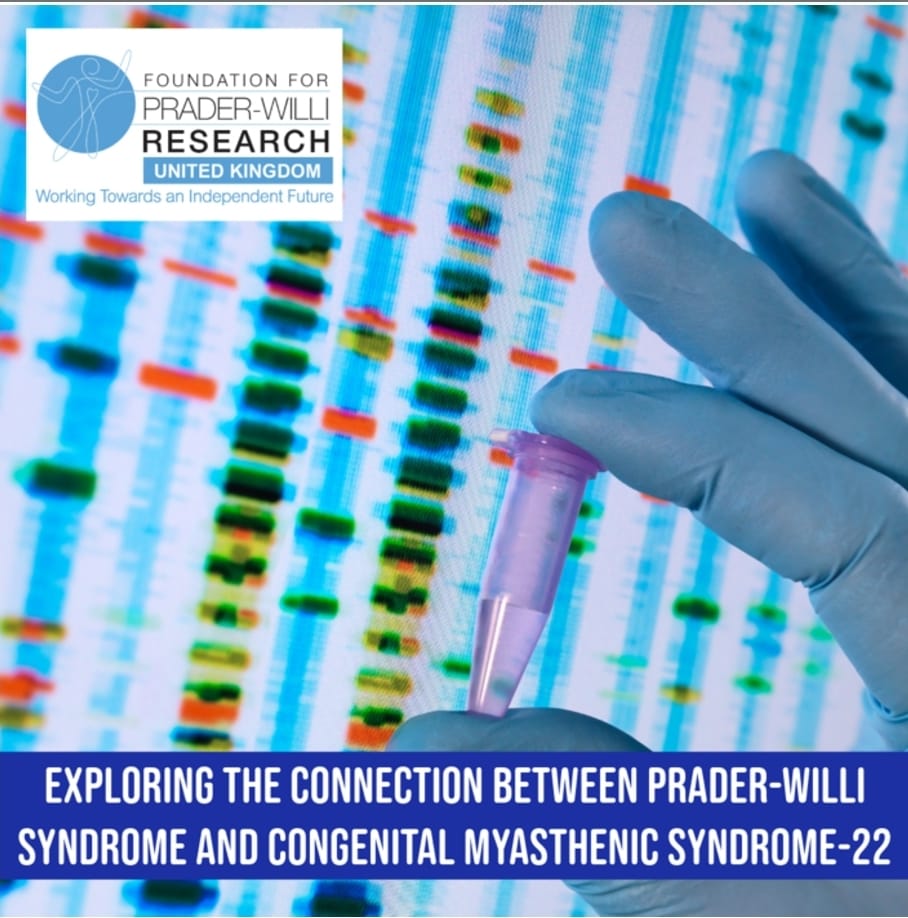Prader-Willi Syndrome (PWS) and Congenital Myasthenic Syndrome-22 (CMS22) are two rare genetic disorders that, at first glance, might seem unrelated. However, recent research has uncovered fascinating similarities between them, offering new hope for treatment strategies.
Congenital Myasthenic Syndrome-22 (CMS22) is a neuromuscular disorder caused by mutations in the PREPL gene. Like PWS, it leads to muscle weakness, feeding problems, and growth delays in infants, followed by an increased appetite and rapid weight gain later in childhood.
Dr. Creemers and his team at the Catholic University of Leuven have discovered that both PWS and CMS22 affect similar metabolic pathways in the body. This means that the way these diseases disrupt normal bodily functions is quite similar. One key area of discovery is that both PWS and CMS22 patients have issues with their mitochondria, which are the ‘energy factories’ of our cells. This dysfunction is believed to contribute to the muscle weakness seen in both conditions.

These discoveries are opening new angles of research in Gene Therapy. By testing whether increasing the expression of the PREPL gene in cells from PWS patients could correct the mitochondrial defects, researchers are targeting PWS symptoms at their genetic source. This research has revealed a target (the PREPL gene) to focus on, which is a very exciting prospect for treatment.
This research is a significant step forward in understanding and potentially treating PWS and CMS22. By exploring the commonalities between these two conditions, scientists are paving the way for innovative therapies that could benefit patients worldwide.